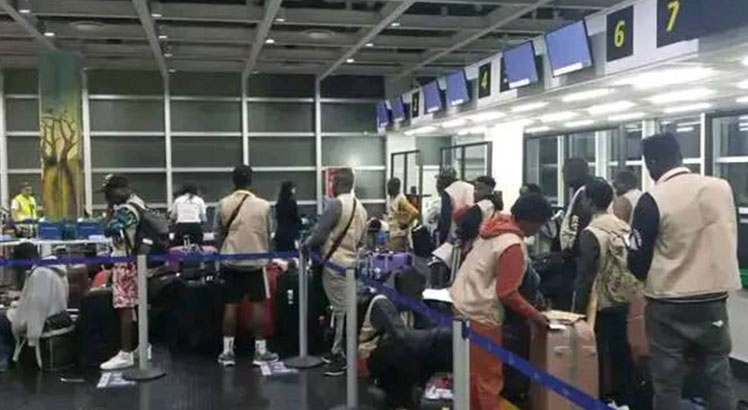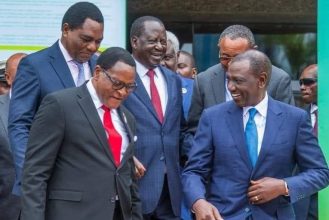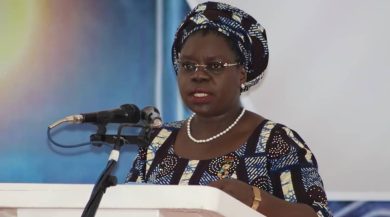Firms seek long-term measures to forex crisis
Malawi Confederation of Chambers of Commerce and Industry (MCCCI) has called for long-term solutions to foreign exchange challenges, saying that is key to economic growth in 2024.
In its report titled ‘2023 Assessment of the Business Environment: Private Sector Perspective’, MCCCI said if the country does not embark on new foreign exchange generating initiatives, the macroeconomic imbalance will persist or worsen in 2024.

The chamber observes that most strategies used to ease the scarcity of forex in 2023 are short-term.
Reads in part the assessment co-signed by MCCCI president Lekani Katandula and chief executive officer Chancellor Kaferapanjira: “However, there is a need to have long-term solutions.
“The establishment of mega farms for commercialisation and value addition, if implemented successfully, has a huge potential in the generation of the much- needed foreign exchange.”
The private sector lobby group fears the redevelopment of parallel market for foreign exchange if forex liquidity is low on the official market in 2024.
Malawi’s balance of payment crisis became more acute over the course of 2023, with foreign exchange widely unavailable, according to MCCCI.
Reserve Bank of Malawi (RBM) figures show that in 2023, the highest recorded import cover was 1.29 months, which is way below the recommended three months of import cover.
In 2022, 1.66 months of import cover was recorded as the highest with the lowest being 1.22 months, according to RBM.
The shortage of foreign exchange led to the development of a parallel market, bringing misalignment between the official and parallel market.
In response to the foreign exchange liquidity challenges, misalignment of foreign exchange which hovered around 60 percent, and its effects on exchange rate developments, the RBM instituted short-term measures, including foreign exchange auctions, a directive to stop holders of foreign currency denominated accounts from dictating where they cash their foreign exchange and the re-introduction of customs declaration forms for exports to help track forex flows and ensure that all export earnings are repatriated to Malawi.
On November 9, the RBM devalued the kwacha by 44 percent.
Almost a month after the devaluation, the spread between official and parallel market rates has narrowed to five percent from about 60 percent, according to the RBM.






Very well presented. Every quote was awesome and thanks for sharing the content. Keep sharing and keep motivating others.